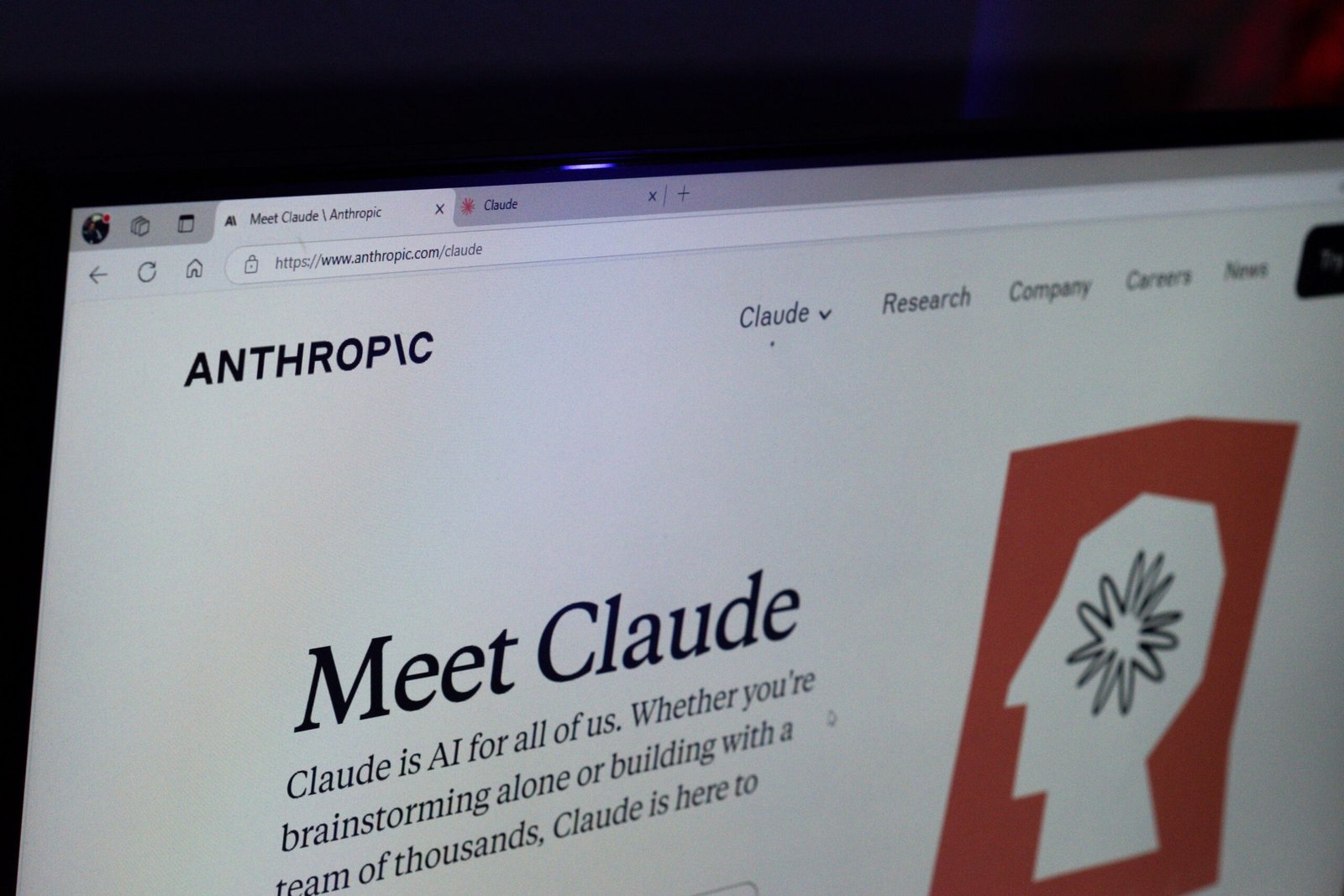
Meta Platforms has announced a significant expansion of its AI assistant, Meta AI, to Ray-Ban smart glasses users in seven additional European countries: Germany, Austria, Belgium, Denmark, Norway, Sweden, and Finland. Reuters
Meta’s AI Glasses Expansion: A Game-Changer in Wearable Technology
In a significant move that underscores the rapid integration of artificial intelligence into daily life, Meta Platforms has expanded its AI assistant, Meta AI, to Ray-Ban smart glasses users in seven additional European countries: Germany, Austria, Belgium, Denmark, Norway, Sweden, and Finland. This development, announced on April 23, 2025, marks a pivotal moment in the evolution of wearable technology, blending fashion, functionality, and cutting-edge AI capabilities.
A Leap Forward in Wearable Tech
The Ray-Ban Meta smart glasses, initially launched in the U.S. in 2023, have been at the forefront of merging style with technology. The integration of Meta AI allows users to interact with the glasses using voice commands, enabling them to receive answers to general inquiries, translate languages in real-time, and even query objects they see for immediate information. This hands-free experience is not only convenient but also represents a significant step toward the seamless incorporation of AI into everyday accessories. Meta’s decision to roll out these features in Europe follows a broader expansion of its AI technology on the continent, which began in March 2025. The initial rollout faced delays due to regulatory concerns regarding data protection and privacy, highlighting the challenges tech companies face in aligning innovation with stringent EU privacy standards.
Enhancing User Experience
The latest features introduced with this expansion include live translation and a real-time visual assistant. These enhancements allow users to engage with their environment more interactively, breaking down language barriers and providing instant information about their surroundings. Such capabilities are particularly beneficial for travellers, professionals, and anyone seeking to augment their daily experiences with AI-driven insights.Reuters
Meta’s investment in AI-powered wearables reflects a broader trend in the tech industry to create more personalised and intuitive user experiences. By integrating advanced AI functionalities into fashionable accessories, companies like Meta are redefining the boundaries between technology and lifestyle.
Navigating Regulatory Landscapes
While the expansion of Meta AI in Europe signifies progress, it also underscores the importance of navigating complex regulatory environments. The initial delays in the European rollout were attributed to concerns over data protection and privacy, areas where the EU maintains rigorous standards. Meta’s ability to address these concerns and proceed with the expansion demonstrates a commitment to compliance and user trust. The Guardian+8Reuters+8euronews+8
This development also highlights the ongoing dialogue between tech companies and regulatory bodies, emphasising the need for collaboration to ensure that innovation does not come at the expense of user rights and privacy.
The Future of AI and Wearables
The integration of AI into wearable technology is poised to revolutionise how individuals interact with the world around them. As AI assistants become more sophisticated and accessible, the potential applications extend beyond convenience, offering transformative possibilities in areas such as healthcare, education, and communication.
Meta’s expansion of AI functionalities in its smart glasses is a testament to the company’s vision of a more connected and intelligent future. By prioritising user experience and regulatory compliance, Meta sets a precedent for responsible innovation in the wearable tech industry.
Conclusion
Meta’s recent expansion of its AI assistant to Ray-Ban smart glasses users in additional European countries marks a significant milestone in the convergence of fashion, technology, and artificial intelligence. This development not only enhances the functionality of wearable devices but also reflects the broader potential of AI to enrich daily life. As the industry continues to evolve, the successful integration of AI into consumer products will depend on balancing innovation with ethical considerations and regulatory compliance.







